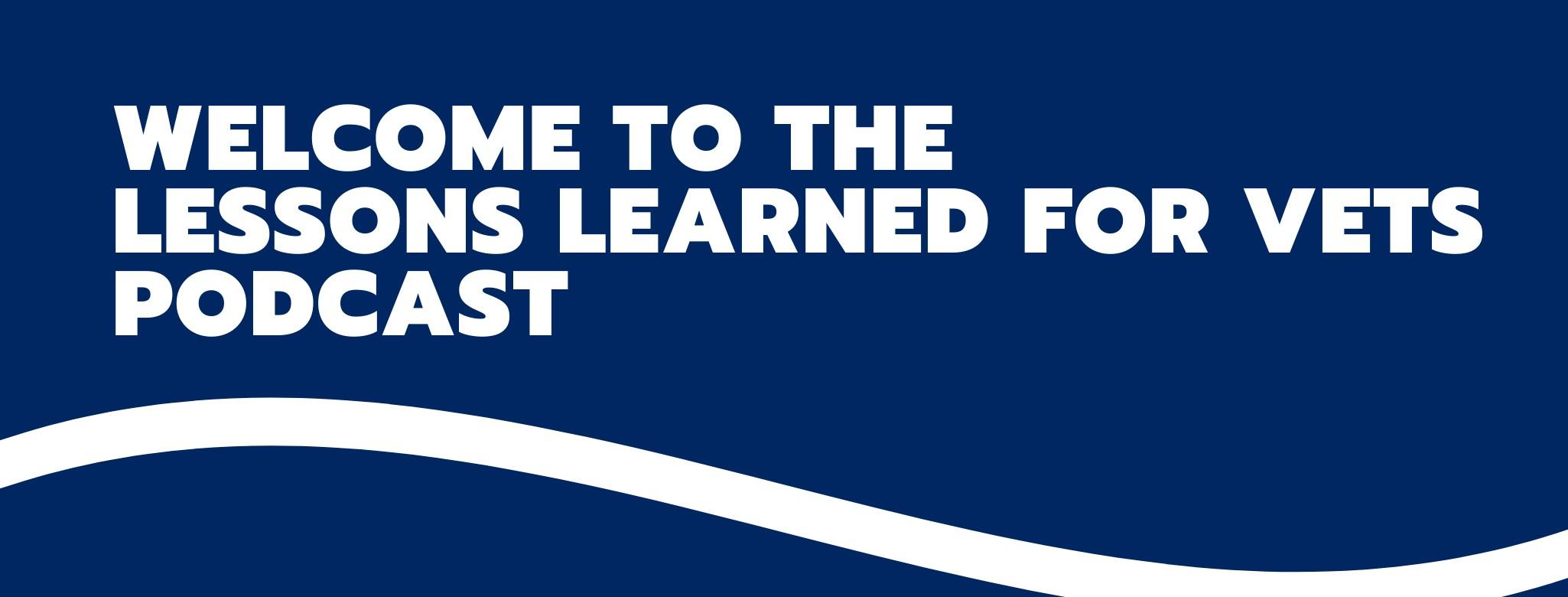
-
-
-
Episode #40:
Simplifying Your Military Transition with William "Bill" Kieffer
After nearly 12 years as an Army Officer in a variety of command and staff positions, Bill Kieffer found himself getting out of the military, fast. He ran into some bumps during that transition, and he learned many lessons over the next 23 years—which included other transitions—ultimately landing in his current role as the President and Chief Advisor of Kieffer & Associates Ltd, an advisory firm that coaches and mentors hundreds of service members, veterans and others around the world on the topics of career transition, leadership development and performance improvement. Bill is a coach and coach advisory board member for “The Honor Foundation,” a non-profit group that helps members of the special operations community transition to new careers. He presented “Investing in the Middle” at TEDx Toledo in 2017, and he is about to release his new book, Military Career Transition: Insights from the Employer Side of the Desk. Bill’s candid explanations simplify the transition process, and his well-organized approach includes plenty of good humor.
Lessons Learned:
- If you don’t know people, you won’t get a job.
- Networking is a conversation with a purpose.
- Your career transition moves at the pace of you.
- You can’t actually do anything/everything—focus on your specific best.
- To figure out what to do next, consider:
- What can you do?
- What do you want to do?
- What can you make money doing?
- Don’t kid yourself about being a hot commodity; you’re only a value-adding team member if you can bring something to the table that the employer wants and needs.
- Preparing for a definitive endpoint to your military career is one thing; being surprised by your transition is another. Preparing for your next career can and should always be a part of your normal routine.
- If you only talk about your job titles and responsibilities without explaining the details (numbers, % improved, $$ saved, etc.) on your resume or at an interview, you will be weeded out.
- The 3 P’s of networking and interviewing:
- I have no problems.
- I cause no problems.
- I am here to solve your problems.
- Be ready for opportunities!
- You can connect with Bill on LinkedIn at: https://www.linkedin.com/in/williamkieffer/
- For more information on Bill’s coaching go to: https://www.kieffer-associates.com/
- To get more information about Bill’s upcoming book, Military Career Transition: Insights from the Employer Side of the Desk, go to: https://www.kieffer-associates.com/book
-
-
Are You Struggling to Write Your Resume?
I created the Veteran Resume Self-inspection Checklist to lessen the resume writing struggle for veterans. This 11-item checklist will educate you in resume best practices while giving veterans a guide to assess their resume and determine if it's ready to send to employers.
Download Your Checklist Here




